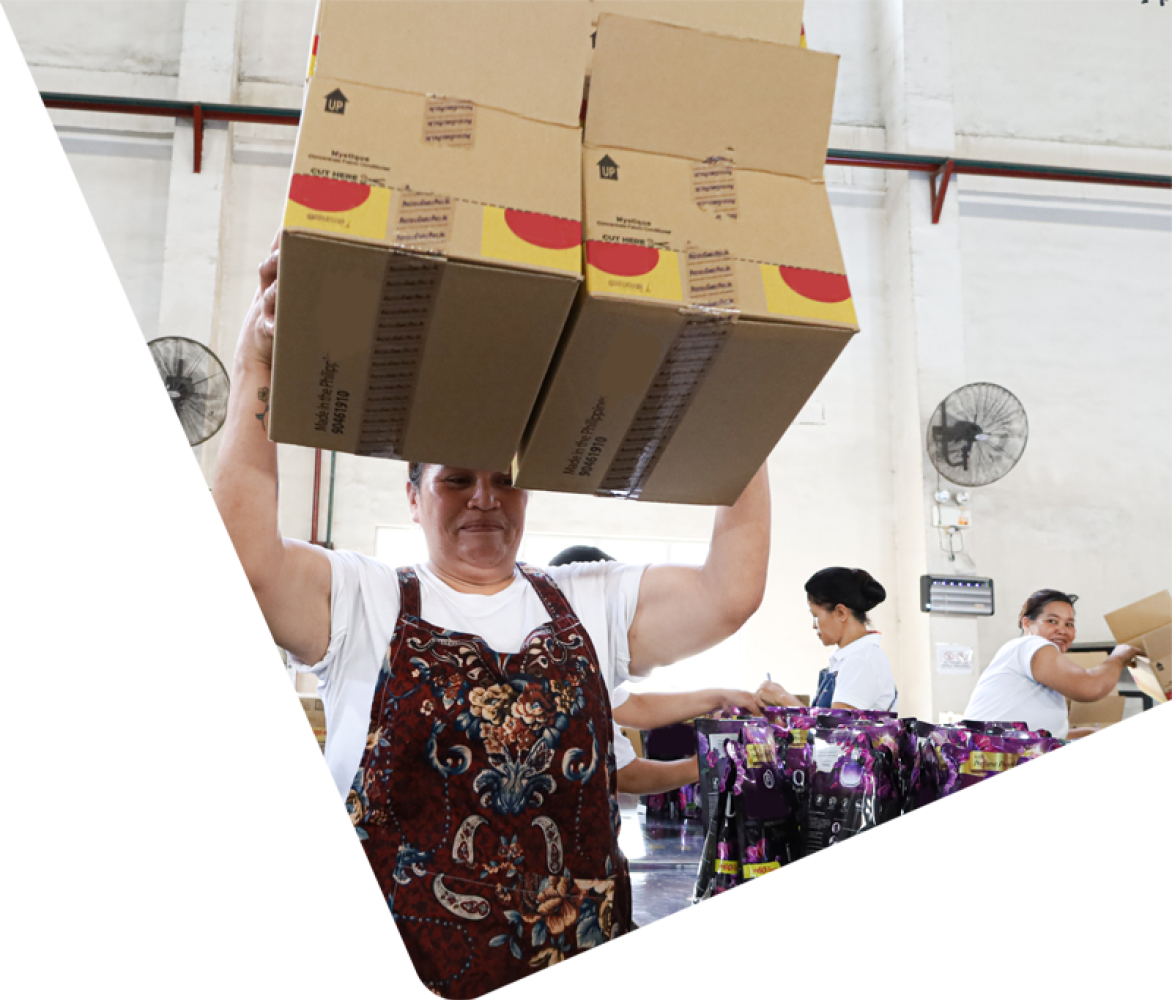Investing with a Gender Lens: The Next Phase of Gender Lens Investing

The revised Sustainable Development Goals (SDGs) funding gap from private investments now stands at a staggering USD 4.2 trillion annually. SDG5, Gender Equality, is based on gender equality as “not only a fundamental human right, but a necessary foundation for a peaceful, prosperous and sustainable world.” With only seven years remaining, a mere 15.4% of SDG5 indicators are “on track” compared to the SDG’s 2030 targets. Increasing the flow of financing to women-owned or -led businesses, or businesses that disproportionally benefit women through employment or their goods and services offerings, is critical to empowering women economically.
More and more, investors are deploying capital with an intentional gender lens – meaning, they incorporate gender considerations – as well as financial considerations - throughout the investment process to make investment decisions that lead to better gender equality and economic outcomes. In emerging markets, such investment capital comes primarily from development finance institutions and impact investors, with impact investors playing a growing role in meeting that market need. For instance, in Southeast Asia, annual investments from Development Financial Institutions have stabilized at about $2 billion over the last five years, while the number of private impact investing deals has increased by over 40%. At the same time, across all regions, private capital invested in women-owned or -led businesses, specifically, has increased significantly. However, many of the financial instruments available to women-owned or -led businesses do not meet their financing needs, speaking to the need for more creative or suitable financial products.
In this third webinar in the series, Reimagining Private Capital for SDGs, we explored the limitations of current financial offerings to women-owned and -led businesses – especially the traditional venture capital (VC) and private equity (PE) models – and talked through alternative models of financing that could better serve the needs of these businesses. Listen to the webinar to hear answers to questions such as: If the VC/PE offerings are only meeting the financing needs of a small proportion of women-owned and -led businesses, how do we meet the rest? What financial products are currently being tested and deployed? Is this why so little capital is being invested in women-owned and -led companies? The panel also explored commonly held misconceptions about women-owned and -led businesses and about female fund managers from the panelists’ firsthand experiences.
HOST
- Arun Asok, Global Head, Private Capital & Impact Investing, Abt Global
MODERATOR
- Eleanor Keppelman, Impact Investing Director, Investing in Women (an Australian Government funded initiative implemented by Abt Global)
PANELISTS
- Dondi Hananto, Partner, Patamar Capital
- Lelemba Phiri, Partner, ATG Samata
- Borja Garcia Fernandez, Head of Structuring and LatAm, Citi Social Finance
- Hama Makino, Senior Gender Policy Advisor, US International Development Finance Corporation (DFC)
